Alex Boyd's Blog, page 17
August 19, 2010
Is classic another word for dated?
Welcome to 2010, where you finish a novel by E.M. Forster called The Longest Journey, Google those words assuming you'll get some reviews or comments, but all the results are concerned with a video game by the same name.
So what do you say about an acknowledged classic that you didn't enjoy reading? In fact, it felt like eating a bowl of lard with a few juicy little raisins.
I'm sorry, Edward, I really am. But the events of the novel unfold so slowly I felt like I nearly missed them, the way...
August 15, 2010
The Lost Cyclist
David V. Herlihy began with the award-winning book Bicycle: The History, 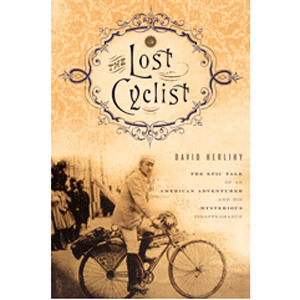 described as "an impressively researched study of the bicycle from its invention in the 1860s to its zenith of popularity in the last years of the 19th century." More recently, his book The Lost Cyclist (link to review on Powells) concerns an American adventurer who attempted to circle the world by bike but disappeared in Turkey. I like the idea of a few well-researched books loaning an element of mystery and...
described as "an impressively researched study of the bicycle from its invention in the 1860s to its zenith of popularity in the last years of the 19th century." More recently, his book The Lost Cyclist (link to review on Powells) concerns an American adventurer who attempted to circle the world by bike but disappeared in Turkey. I like the idea of a few well-researched books loaning an element of mystery and...
August 2, 2010
NPR update: interview, review, poems
Northern Poetry Review was updated late in July with poems by Gillian Jerome from Red Nest, a review of Meniscus by Shane Neilson, and an interview with Rufo Quintavalle.






July 24, 2010
Newfound Hound
Hound of the Baskervilles remains 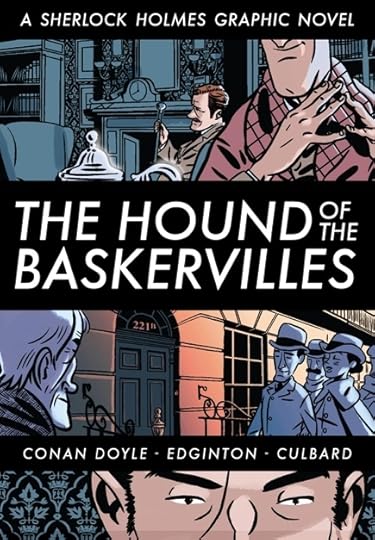 my favourite Conan Doyle Sherlock Holmes story, so I was interested to read a recent graphic novel adaptation from UK publisher Self Made Hero, which is adapting various classic books.
my favourite Conan Doyle Sherlock Holmes story, so I was interested to read a recent graphic novel adaptation from UK publisher Self Made Hero, which is adapting various classic books.
A part of me was a little tempted to scoff at easier translations of classic works, but they're simply adaptations, and unlike film adaptations, they provide a link — a bridge between an increasingly visual culture and the love of reading. I can see some young adults reading...
July 20, 2010
One Question Interview: Myna Wallin
Myna Wallin is a Toronto-based author and editor who published three chapbooks of poems before the full-length collection A Thousand Profane Pieces (2006). Her novel Confessions of a Reluctant Cougar is new this year.
How did the plot develop, and is there an advantage to telling a novel in stories?
Confessions began as a collection of short stories. All of them had in common the same protagonist who experiences a series of comical romantic/sexual adventures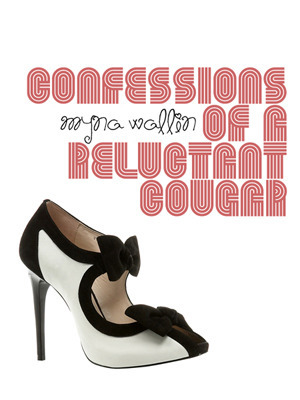 with different men. Halli...
with different men. Halli...
July 16, 2010
Yesterday's People
I've finally caught up with Yesterday's People, short stories by Goran Simic, and think it's a remarkable, heart-wrenchingly good set of eight stories. The book is only 125 pages, but this is quality not quantity, and it's a very potent collection.
A survivor of the Siege of Sarajevo, Simic uses plain, unadorned language to communicate a great deal, and not just details but subtleties behind them. It might be argued that this is material that speaks for itself, but it isn't that simple — a...
July 13, 2010
One Question Interview: Shane Neilson
Shane Neilson is a family physician who has published Exterminate My Heart (Frog Hollow Press, 2008), Meniscus (Biblioasis, 2009) and most recently Complete Physical.
Have you had feedback from other doctors about the book?
I haven't recieved any feedback from other doctors because the book is so new. 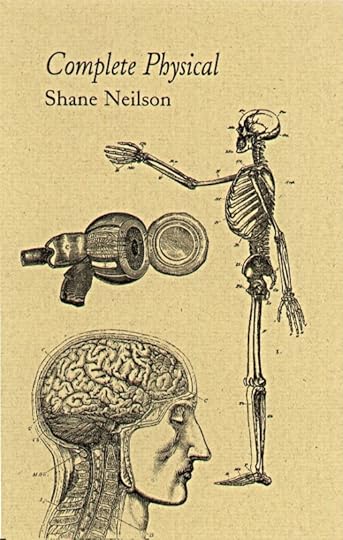 It was mentioned in the summer reading issue of the Medical Post… where I also have a column. So I'm sure that some feedback will be forthcoming, at least so far as a book of poetry actually...
It was mentioned in the summer reading issue of the Medical Post… where I also have a column. So I'm sure that some feedback will be forthcoming, at least so far as a book of poetry actually...
July 8, 2010
Review: A Picnic on Ice
Originally published in The Danforth Review, 2004.
A butcher pulls himself from the grave every night, habitually serving the village he knows. A hanged man describes the moments after the event, not the moments leading up to it. A man separated from his wife becomes a crow and sits on a nearby tree watching her.
The poems of Ireland's Matthew Sweeney are not all morbid, but they are all highly original, and Signal Editions introduces a selection representing twenty-years and ten books in A...
July 1, 2010
Widows and Arsenic
A new review of The Widow, a book of prose poems by Suzanne Burns, doesn't manage to be critical, but it does make me want to check out the book. And I have to admit to liking any review that begins with something like "I have a giant brain-crush on Suzanne Burns."
At the same time, a review of The Arsenic Century: How Victorian Britain Was Poisoned at Home, Work and Play manages to both relate some fascinating historical details and find a way to connect it to modern life.






June 27, 2010
A Supposed Fraud
Is there something better than a remarkable essay? I'm reading two collections at the moment. The first, Fraud by David Rakoff, is a witty and intelligent collection. One of my favourites so far describes a three week gig as Freud in a department store window, at Christmastime. Some of the humour includes comments reportedly made by people 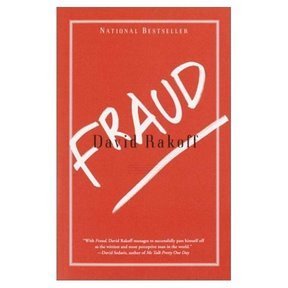 looking at him: "He just turned the page, is he allowed to do that?" And then, suddenly, Rakoff gives us this: "… this time of year, with the aching...
looking at him: "He just turned the page, is he allowed to do that?" And then, suddenly, Rakoff gives us this: "… this time of year, with the aching...



